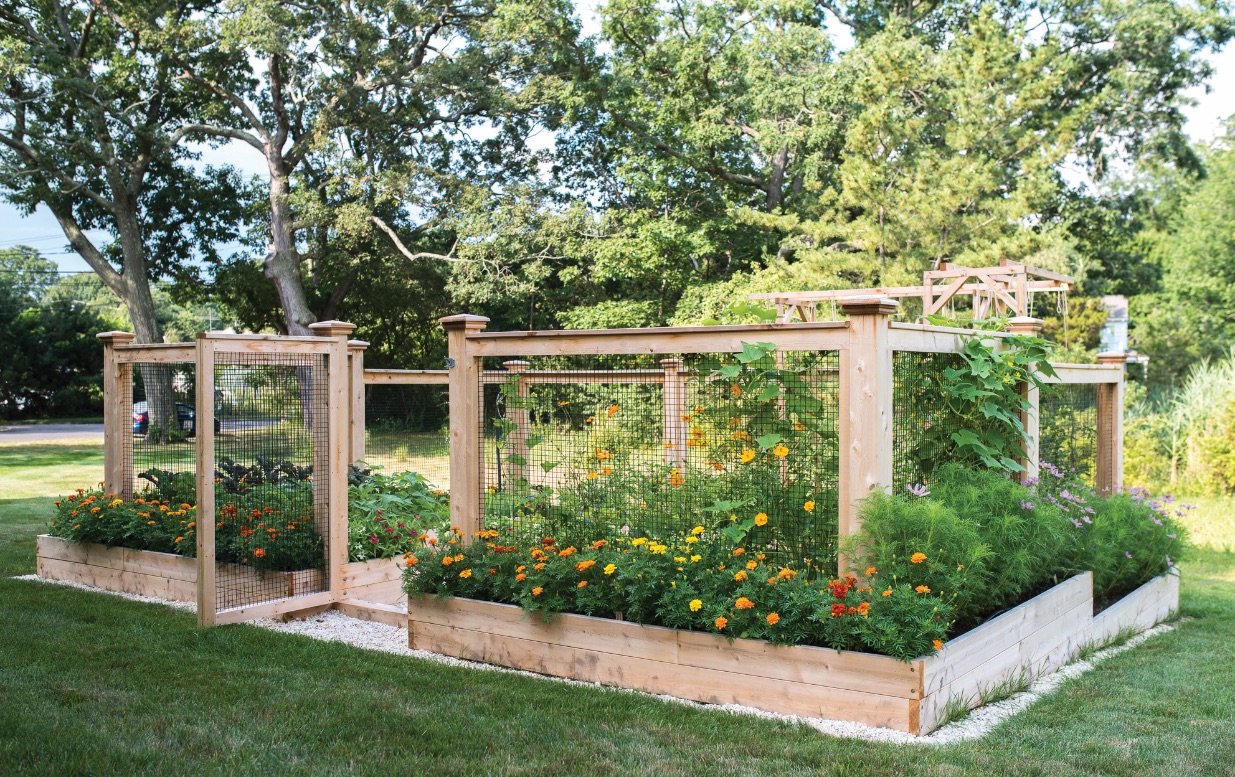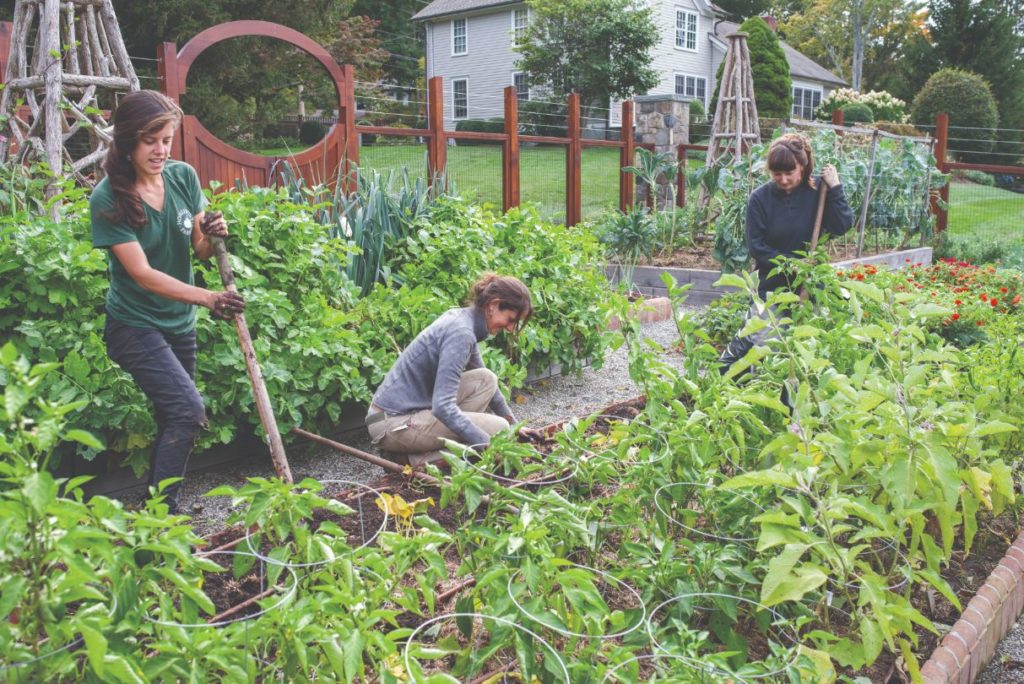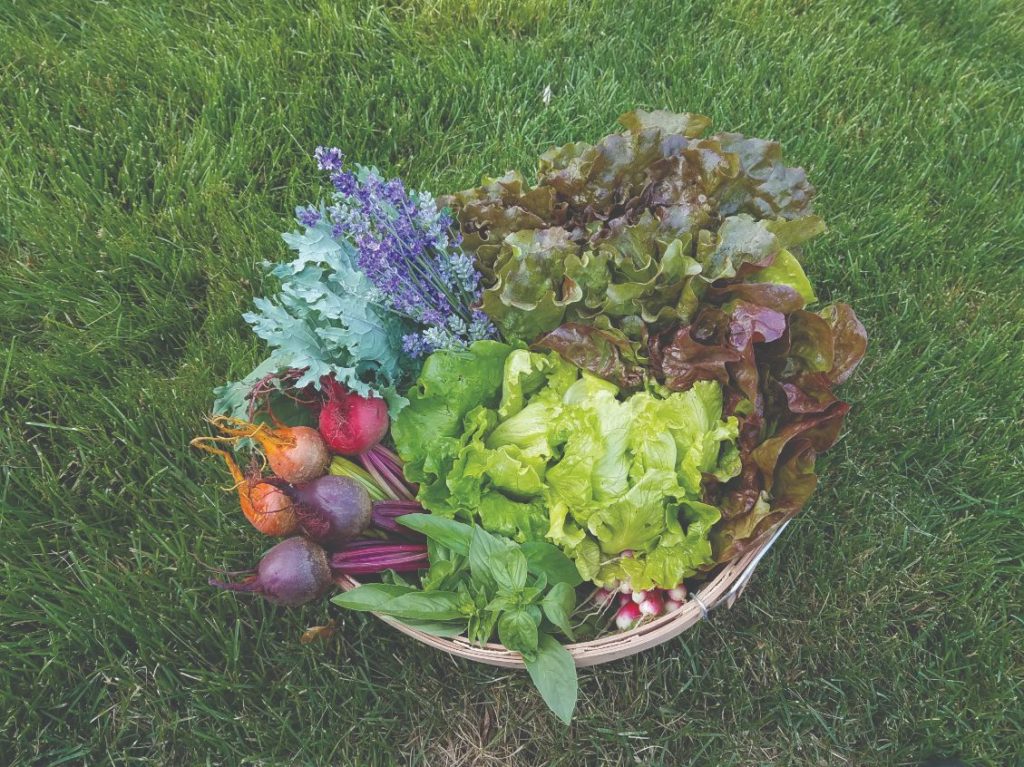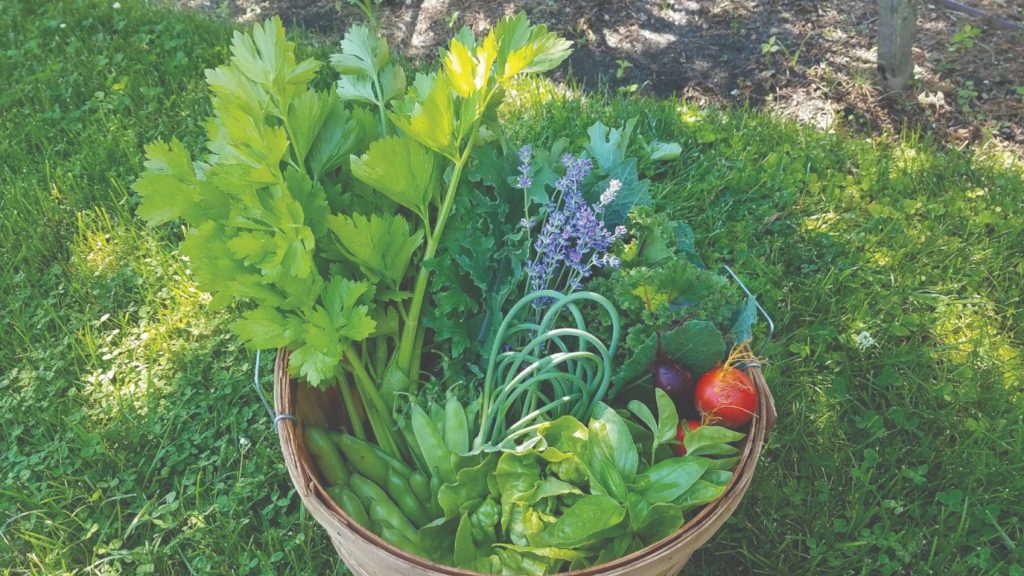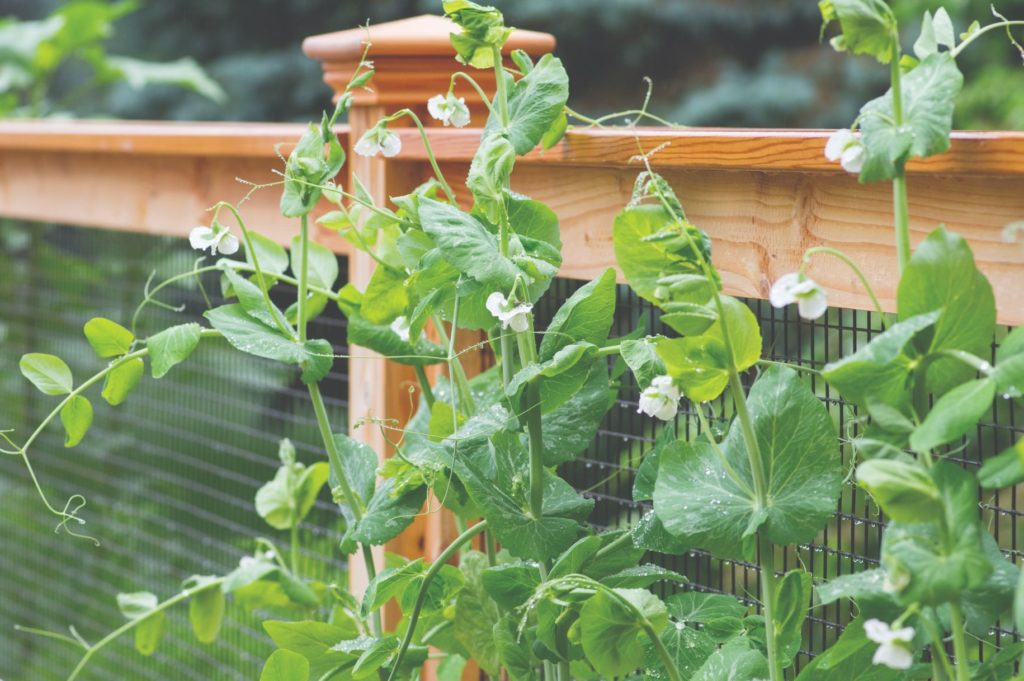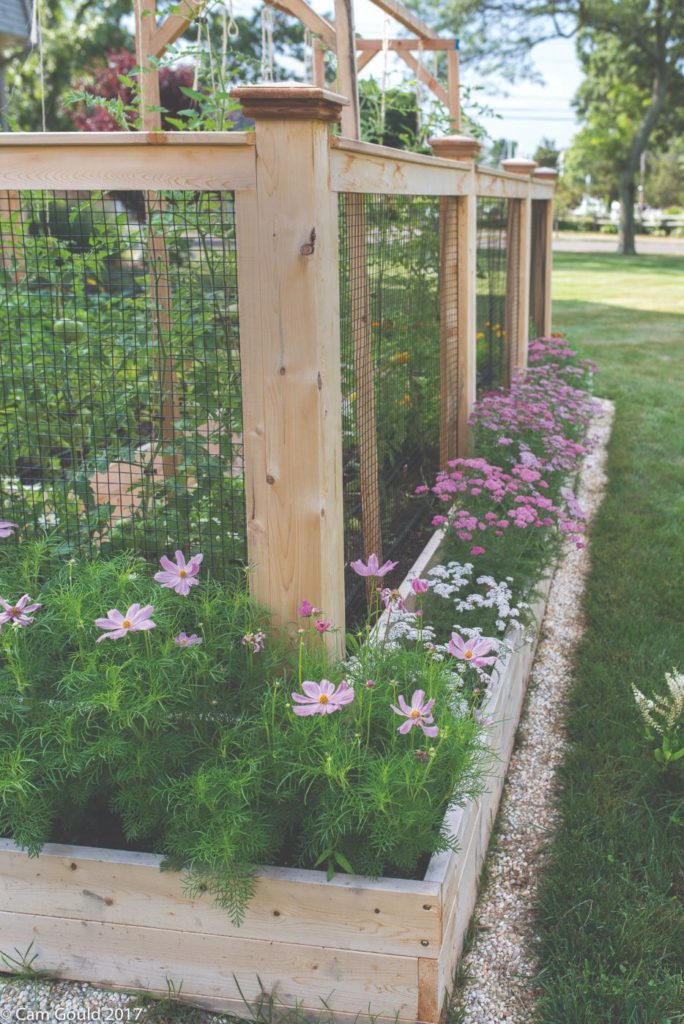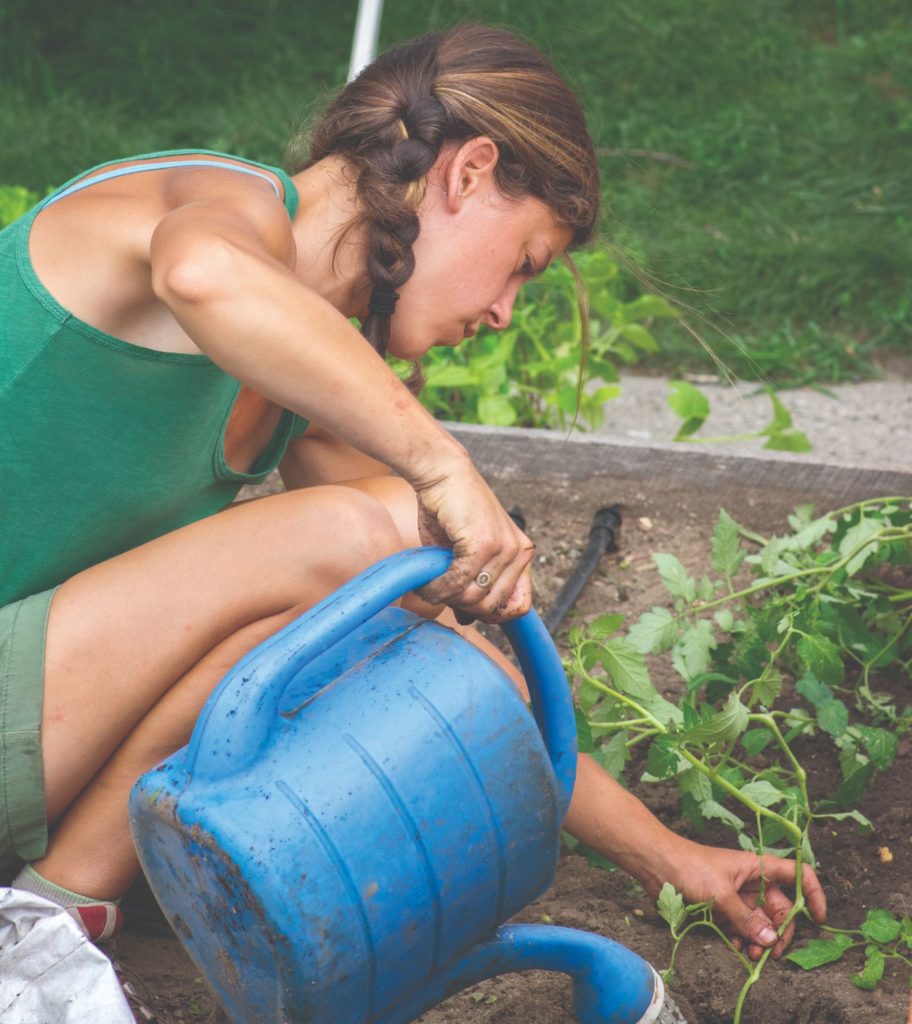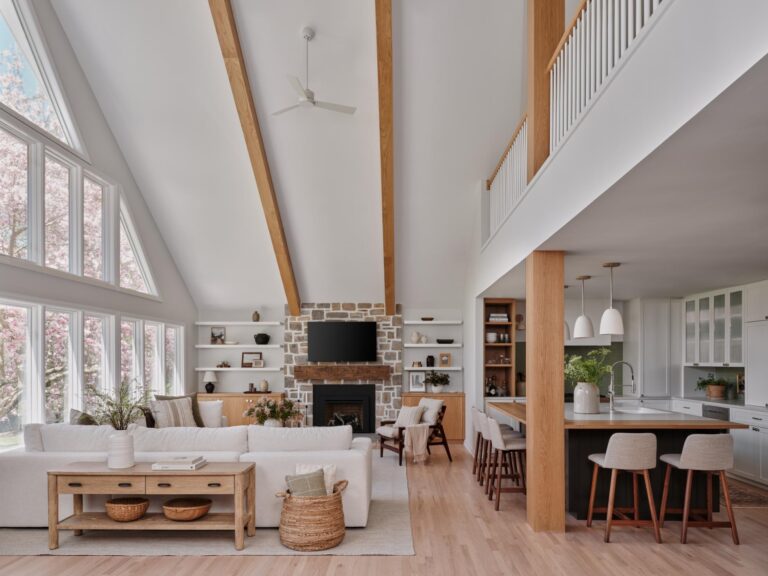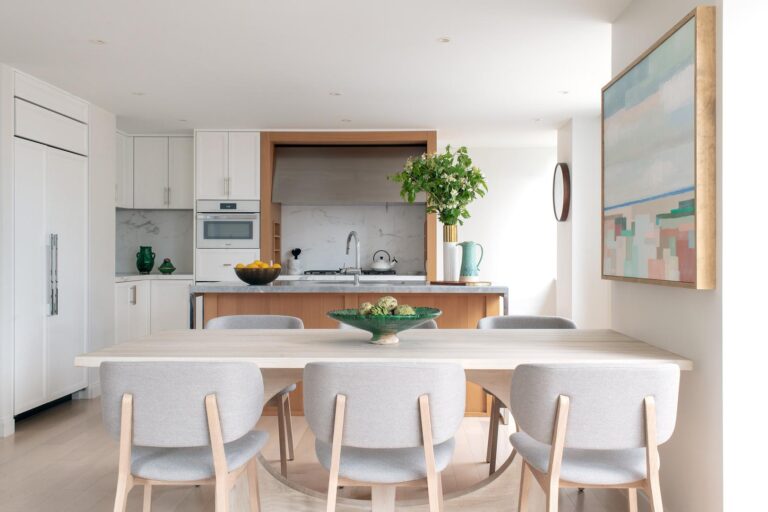John Carlson of Homefront Farmers creates gardens that are both functional and beautiful. His goal? to create passion and enthusiasm for gardening—one plot of land at a time.
After a 25-year career in marketing and consulting John Carlson, president and owner of Homefront Farmers, LLC decided it was time to launch a more rewarding second act. “It was important that whatever I started have a purpose, that it bring people joy, and that it be on the right side of a growing trend in society,” says Carlson. “I had done some volunteer work helping an organization build school gardens and it struck me that while an Internet search would turn up hundreds of sites telling people they should grow their own food, and even advising them how to do it, there were very few companies offering to actually help them.” Homefront Farmers was created to fill that gap; to offer the knowledge, expertise and labor required to allow anyone to grow their own food, organically.
Like so many startup businesses before it, the company began out of Carlson’s home—and soon expanded to his yard, where he kept thousands of seedlings. “I personally helped build all of our gardens in the first season and have the scars to show for it,” he says. “Luckily, in those first few years we attracted some amazing gardeners, many of whom are still with the company 10 years later. They shared my hunger for the mission and joy in the work.”
A major turning point came in 2016 when Carlson purchased 11 and a half acres of vacant land in Redding, CT. Over the next few years, they developed the land into a farm and a home base for the company. “We all came together to build a 30-foot-by-96-foot greenhouse during the dead of winter and raised a post and beam farmhouse and a workshop,” says Carlson. “Since then, we’ve added model gardens, field crops, and even a sugarhouse to make maple syrup.” And they did all this while building more than 500 gardens through- out the area and helping hundreds more families to maintain their gardens.
A SIGNATURE GARDEN
The gardens they design aim to be both functional and beautiful. When they first started, the team quickly encountered a common complaint: “I’d love to have a vegetable garden in my yard, but they are so ugly!” So Carlson came up with a design that was functional and efficient, but also a beautiful addition to any property. “We want our clients to relish their time spent in the garden,” he explains.
Today, the gardens keep out deer, woodchucks and rabbits, but also have architectural details like post caps, beautiful gates and elegant pea-gravel aisles. “One aspect of our gardens that has become a bit of a signature feature is the exterior ‘window box’ beds,” says Carlson. “These can be filled with flowers that attract beneficial insects, or herbs that deer won’t eat, all while softening the façade of the fencing.”
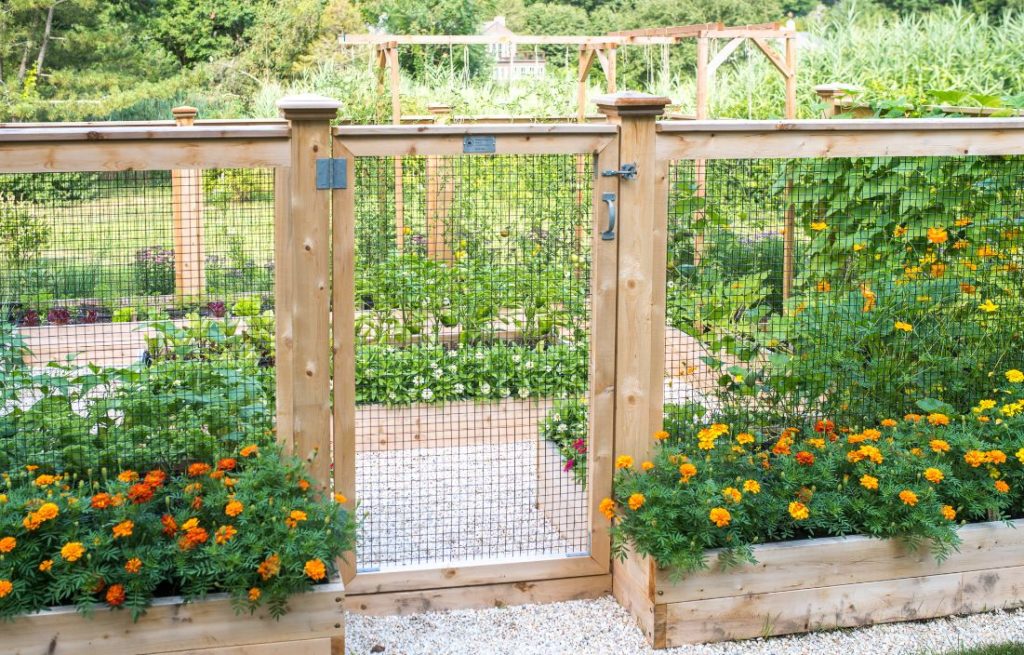
Even more important than the look of Homefront’s gardens is the client relation- ships that are established. “One of our company’s core values is ‘be contagious’ which— despite being subject to misinterpretation during a pandemic—simply means that we want our clients to ‘catch’ the passion and enthusiasm we feel for gardening, and for homesteading more broadly,” he explains. “In these tech-oriented times, many people feel great joy in such a down-to-earth activity, and our goal is to spread that love as far and wide as we can.”
PROTECTING THE ENVIRONMENT
Another one of Homefront’s core values is the spirit of environmental stewardship. “We believe that whatever we can do to help clients establish a joyful connection to nature will ultimately result in greater stewardship of our planet’s natural resources,” says Carlson. This led to the company expanding their offerings beyond gardens and they now offer beekeeping, berries, maple sugaring and native pollinator gardens.
And since the pandemic, the interest in gardening has only increased. When everything shut down last March, Carlson was worried. “And then the phone began to ring…and ring…and ring,” he says. People felt something fundamental and back-to-nature about how they wanted to live going forward. Carlson explains it as, “the same instinct that drove so many people to learn to make sourdough bread, drove them to grow their own food. I really believe that the joy of self-sufficiency is what motivated people on both counts.”
